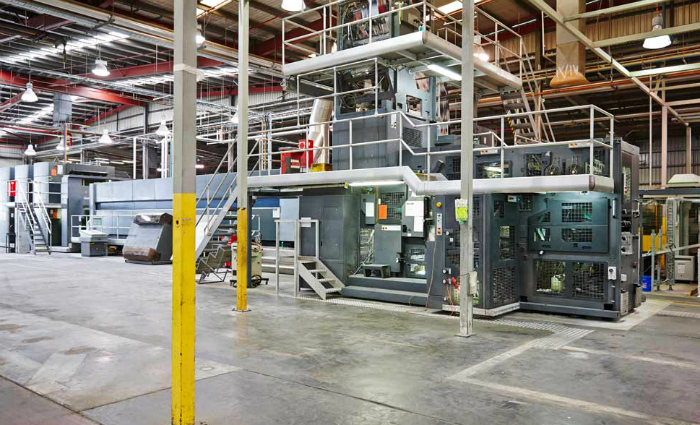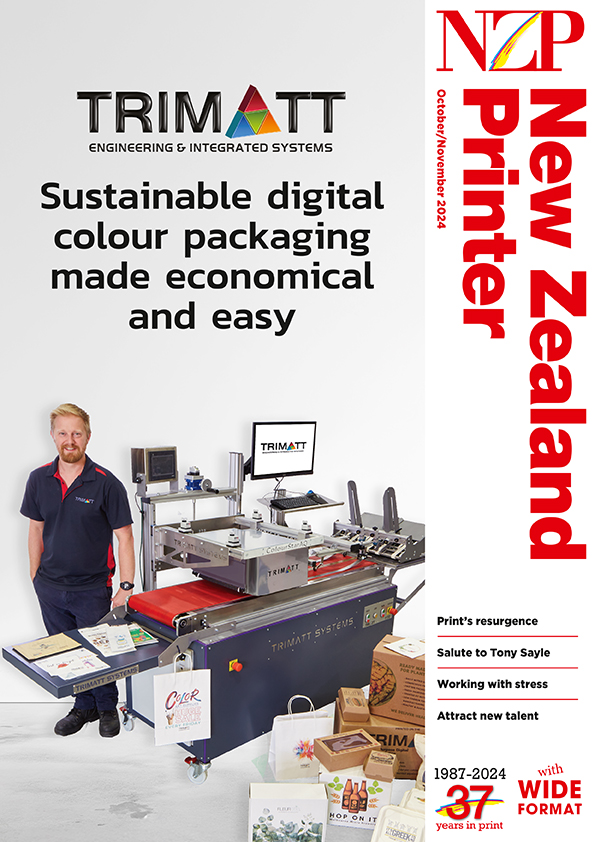PMP has downgraded its revenue projections for 2018 and 2019, wiping A$25m from its A$100m EBITDA guidance given in August, citing higher production costs for increased volumes of shorter run work and an inability to charge assumed pricing as the reasons for the downgrade.
While PMP had predicted an EBITDA of $70m-75m for FY 2018, and A$90m-$100m for FY 2019, the revised figures have dropped to A$50m-$55m and $70m-80m respectively. The company also says it expected to deliver A$55m of cost synergies as a result of the merger, however only $43m of savings have been delivered.
It says that, “The higher volumes of short run work has been a major factor in preventing PMP from delivering the final $12m of expected labour savings. An additional $14m in labour and operational costs flow on from this
“Within pricing assumptions and contract renewals, the guidance was $16m off the mark, with PMP noting most of the figure relates to higher assumptions made around pricing, with the company saying its previous guidance ‘ assumed higher prices for some of the work in the post-merger volumes.’
Peter George, outgoing chief executive at PMP, says, “Given the large amount of short run complex work that was transferred into the merged group we have had to maintain an increased operational cost structure to deliver on customer expectations. This extra short run work required a higher cost base affecting our ability to deliver the full anticipated synergy benefits, and required additional labour costs including casual employees and overtime payments. We had to re-set price on some key contracts to reflect market conditions.
“The company has responded quickly and has identified a number of new cost out projects, described as phase 2 cost initiatives. These will be undertaken over the ensuing 18 months. We have started to implement several of these: changes in shift patterns at the larger sites to significantly reduce overtime, commissioning of additional bindery equipment, further headcount reductions and repricing work on smaller format presses. These savings are expected to improve FY19 profitability to $70m-$80m.”
PMP says the incremental annualised benefit from the phase 2 cost initiatives is estimated to be $43.5m, delivered over fiscal 2018-2019. The cash cost to deliver these projects is estimated to be an additional $29m, $20m in 2018 and $9m in 2019.
“With these initiatives, we expected the underlying EBITDA run rate for the second half of fiscal 2018 to be in line with original guidance. Over time, we expect market pricing to reflect the new improved industry structure. The rationale of the merger has not diminished. The resultant reduction in capacity and forecast synergies of the merged group coupled with the overall improvement in industry structure should ensure a more profitable and sustainable PMP.
“Distribution and marketing services in Australia and PMP’s operations in New Zealand remain on target.”


